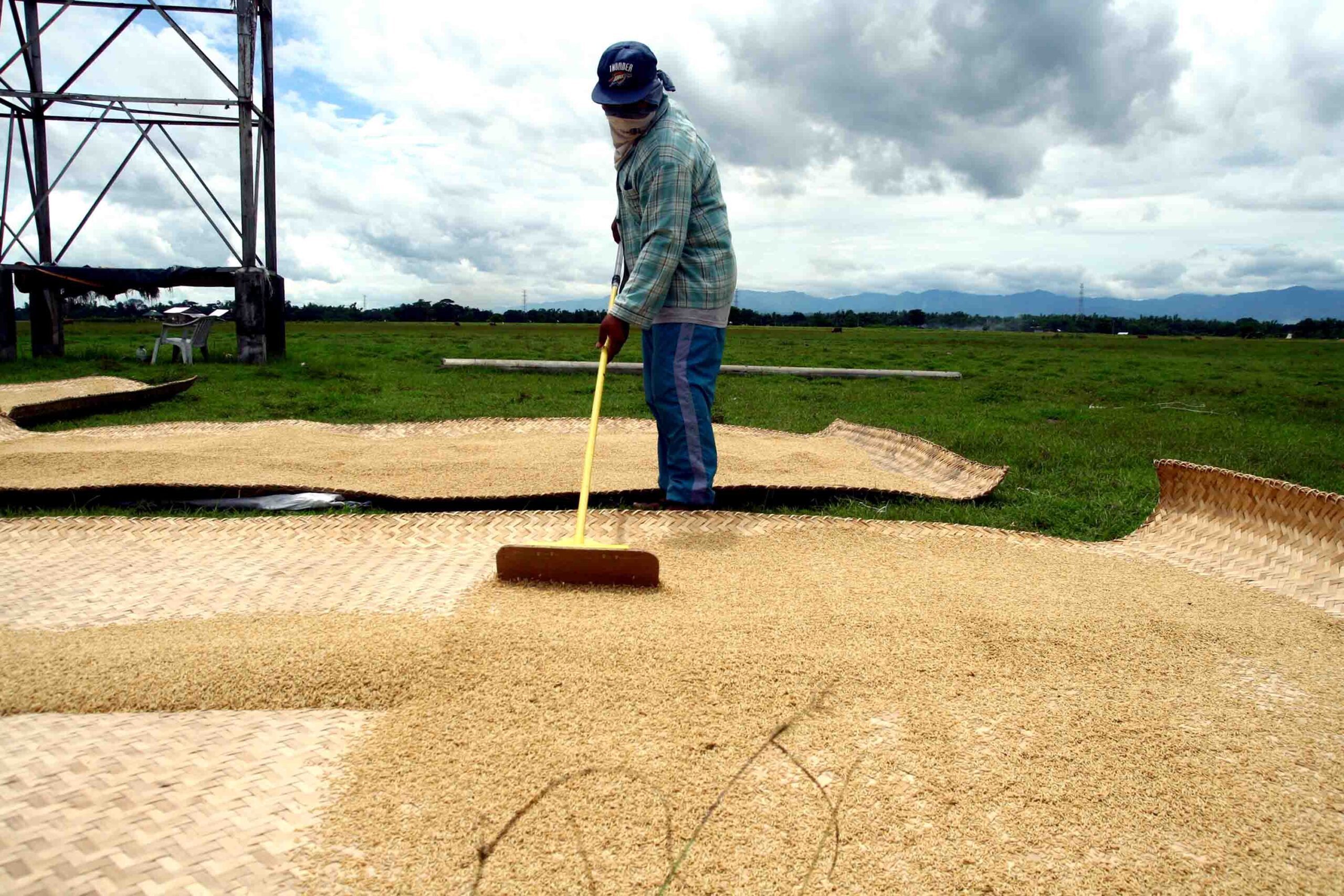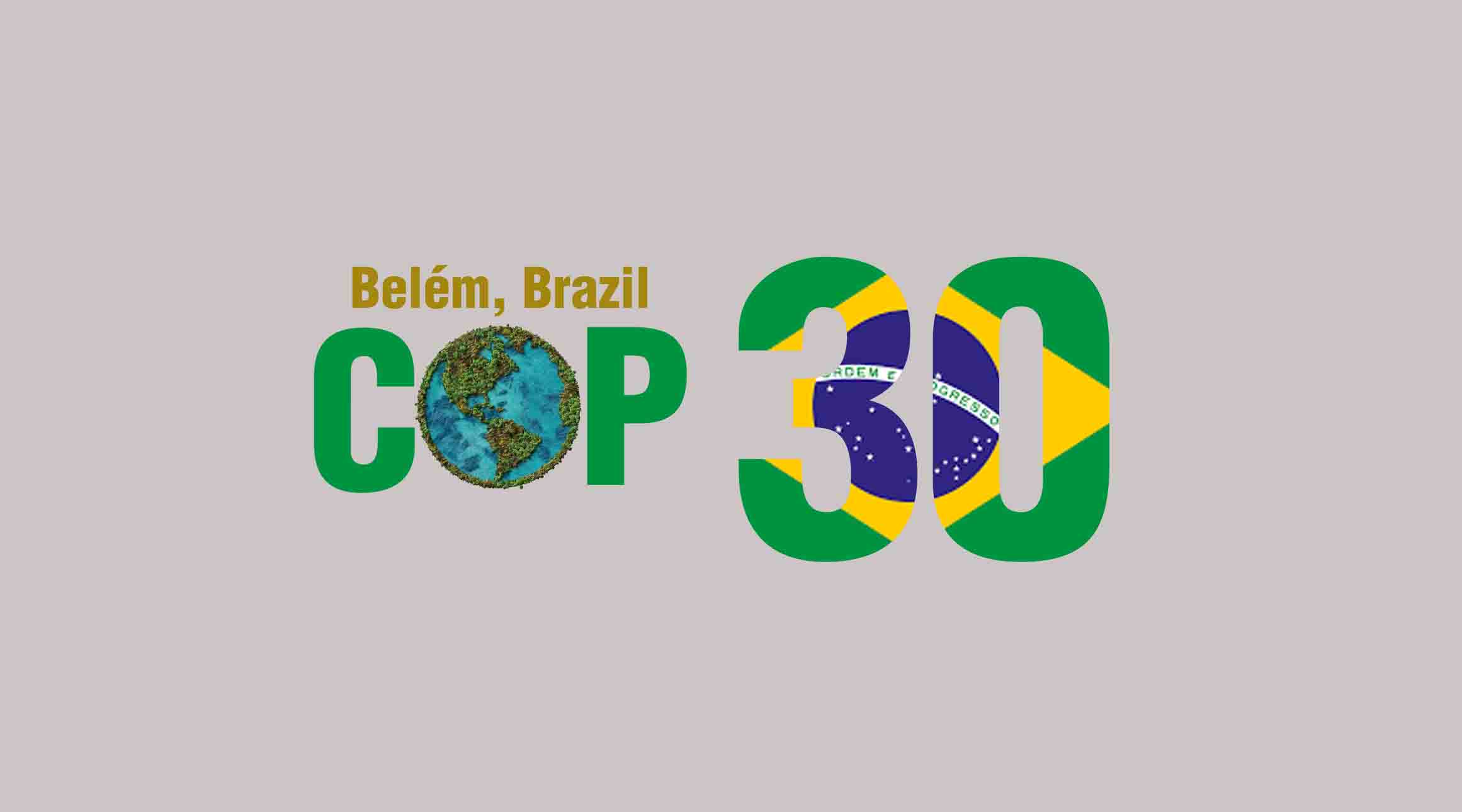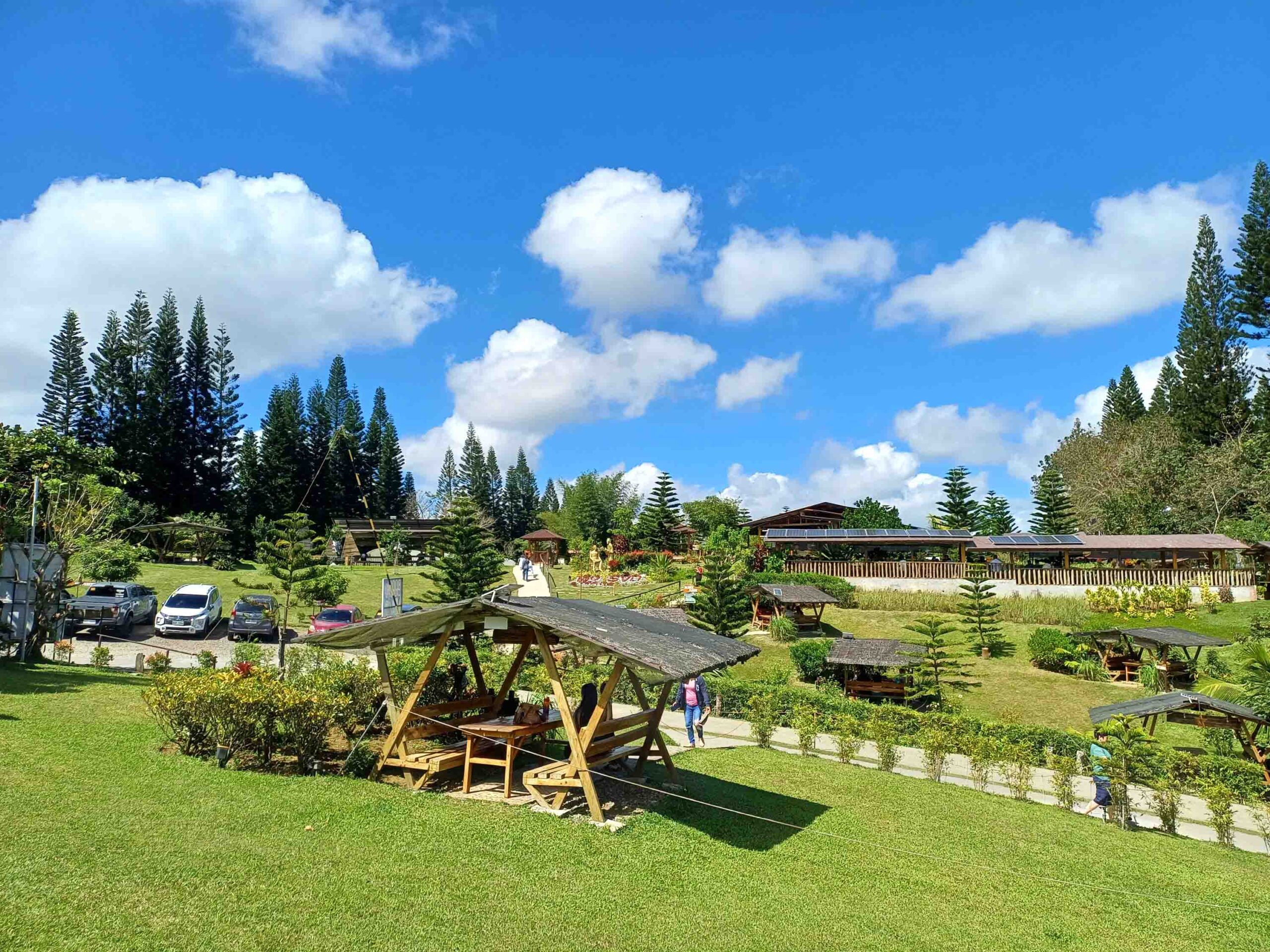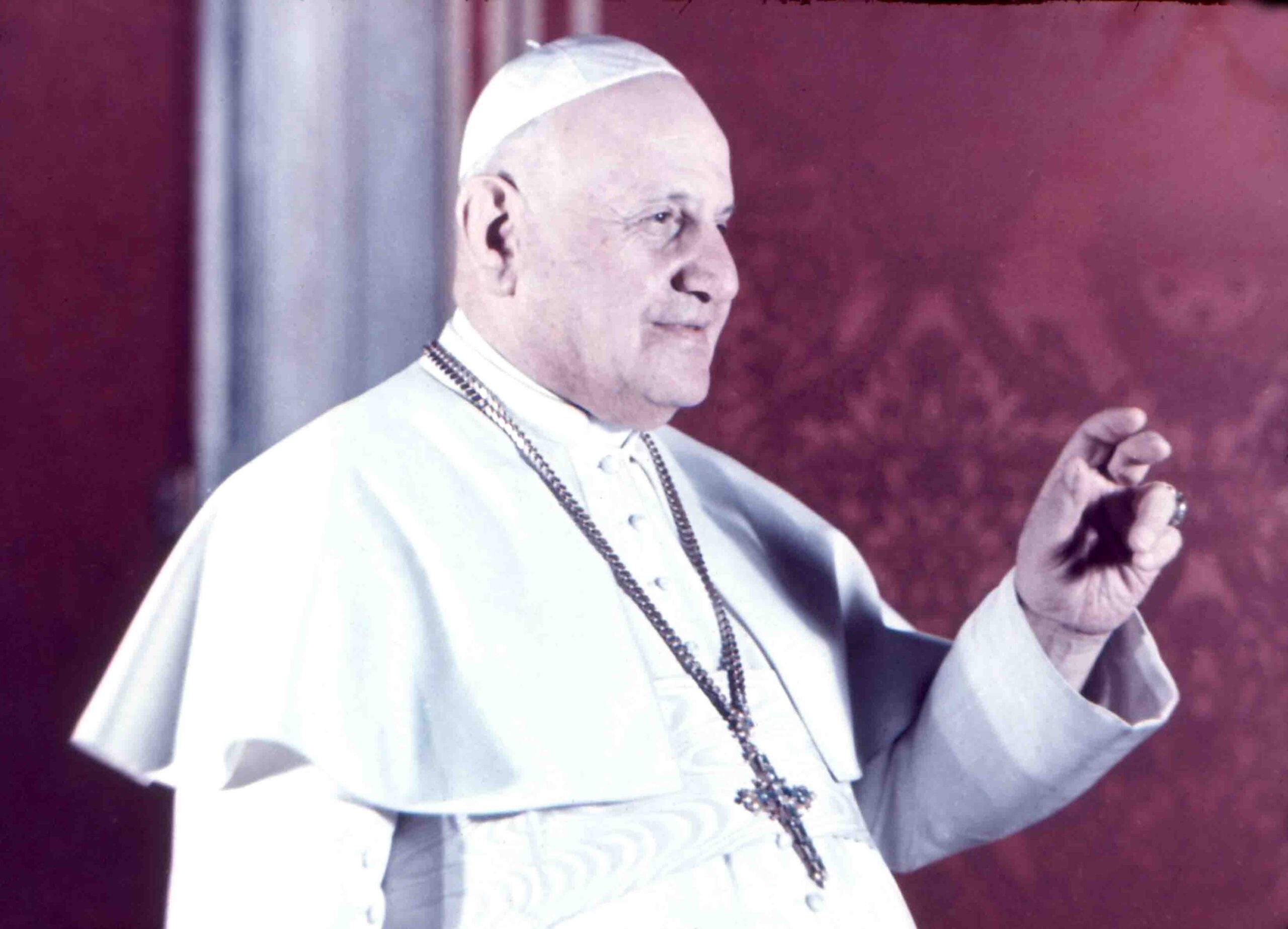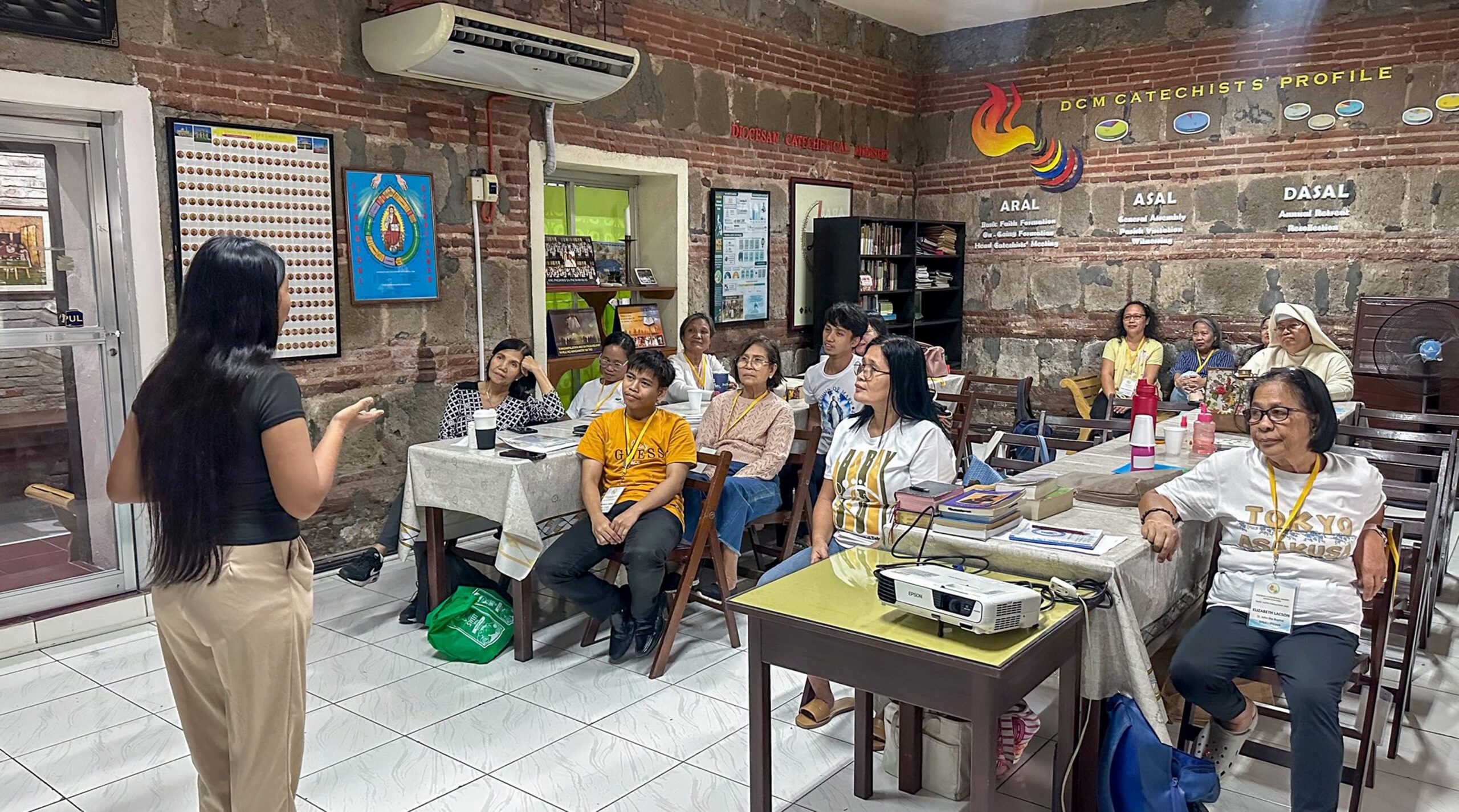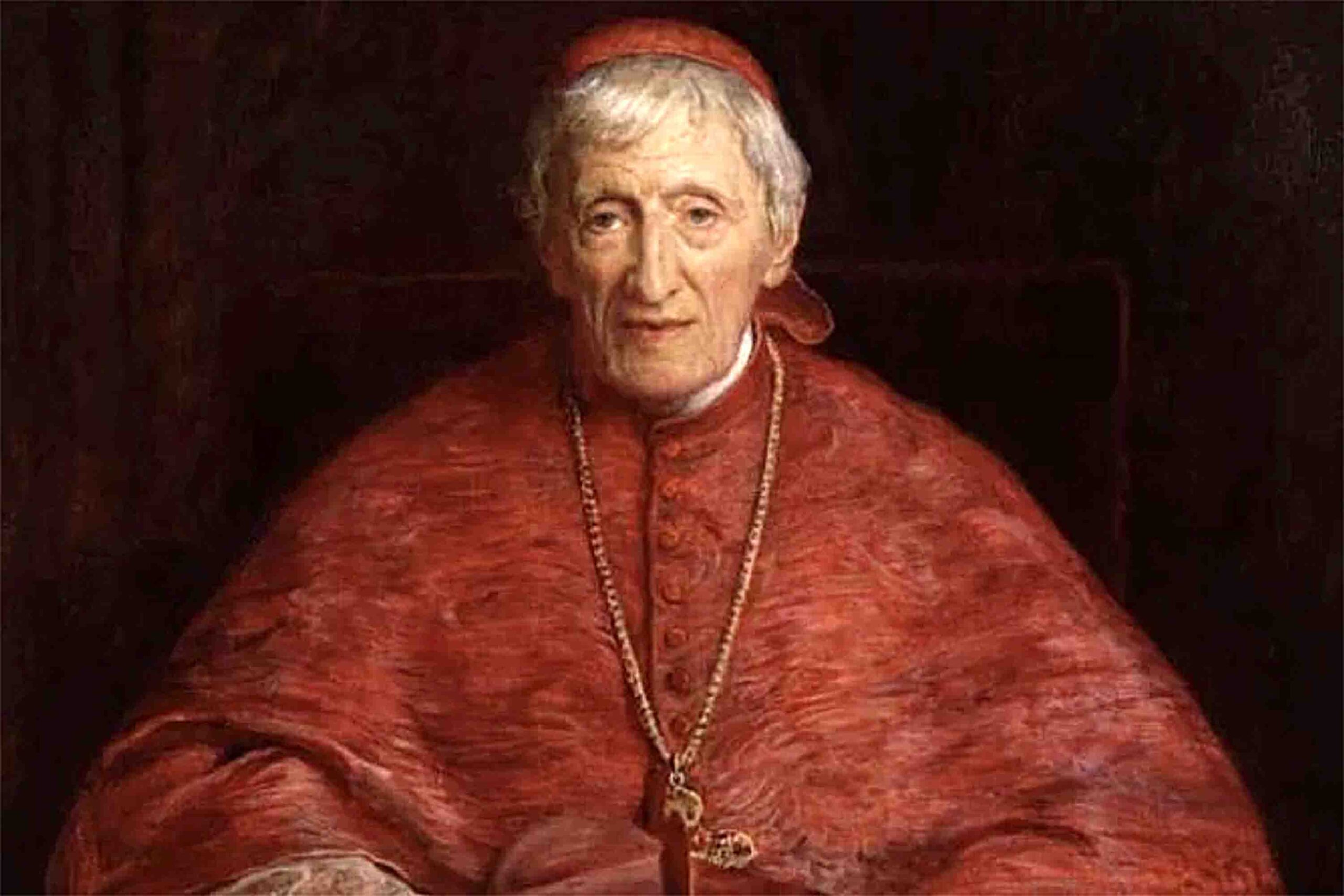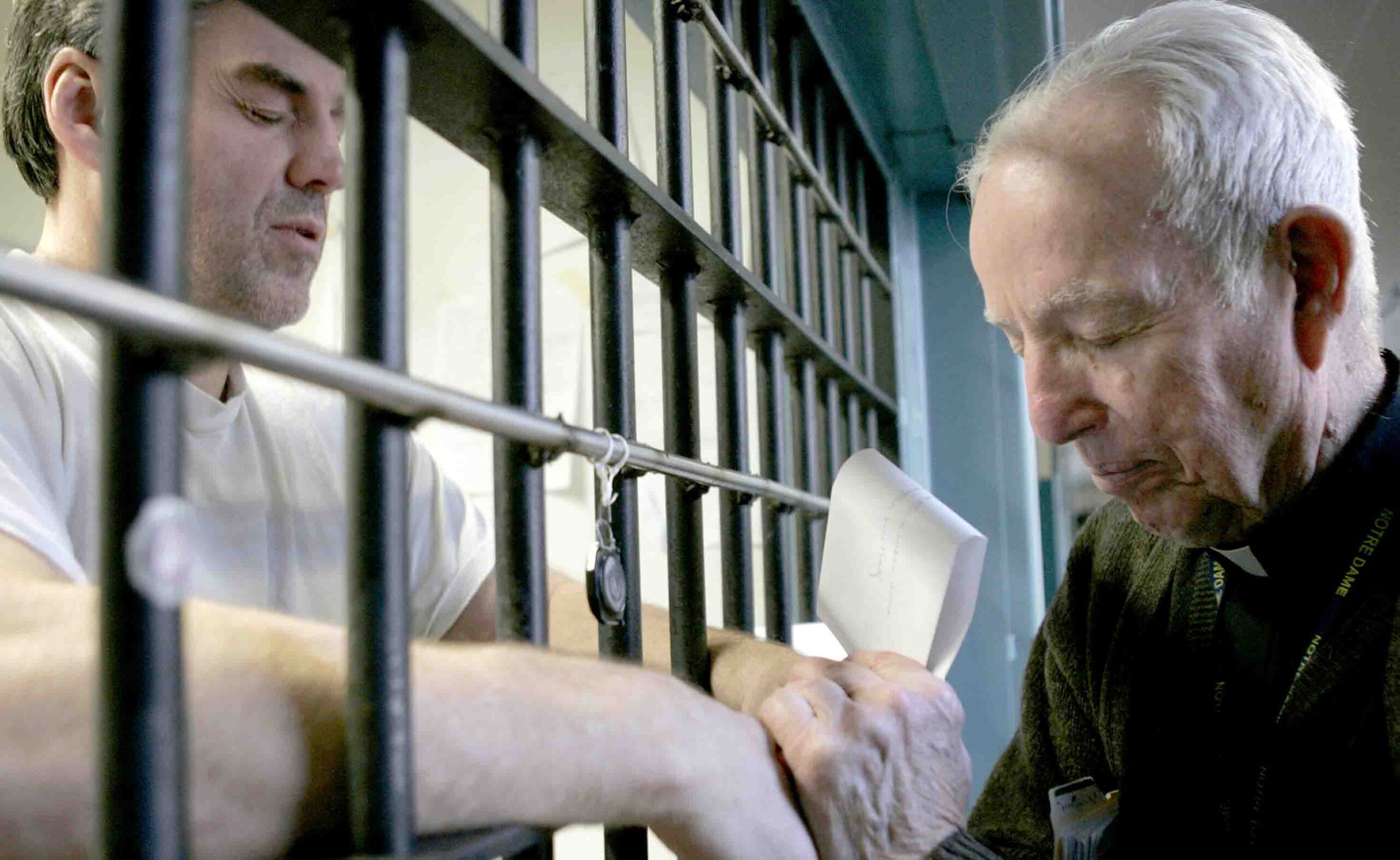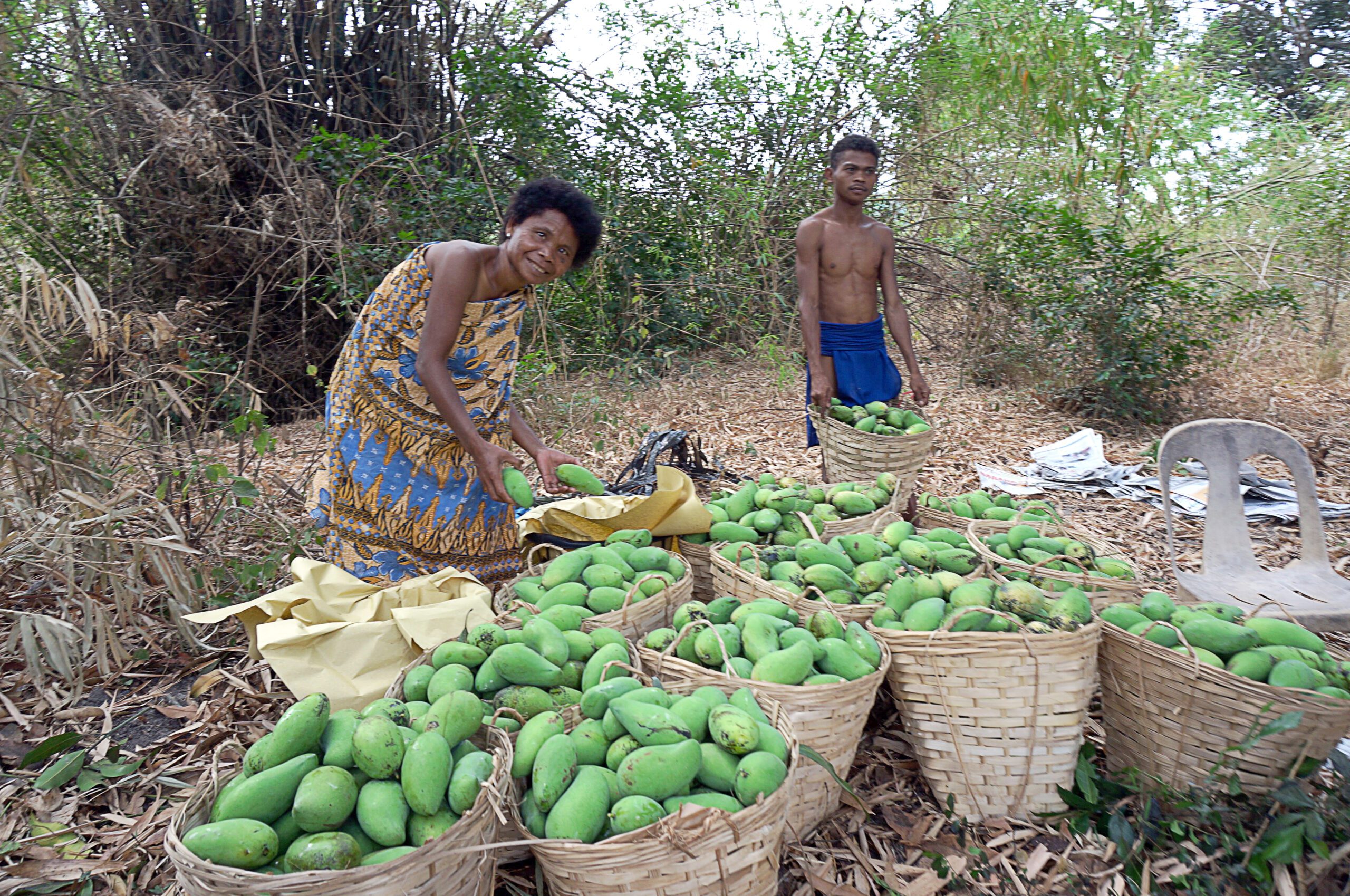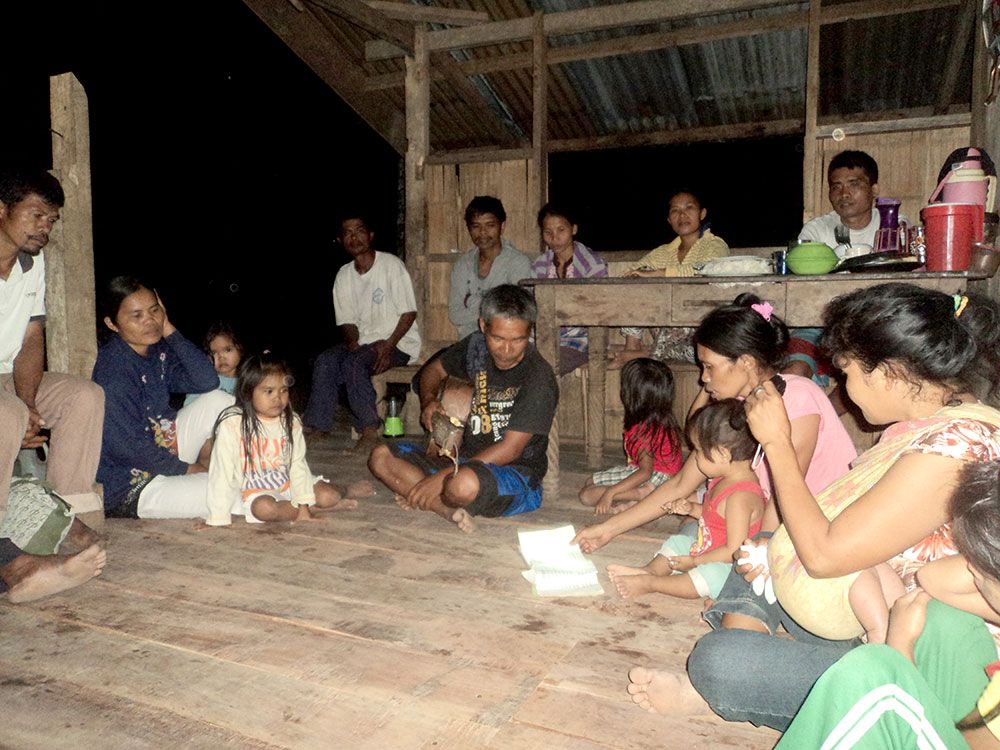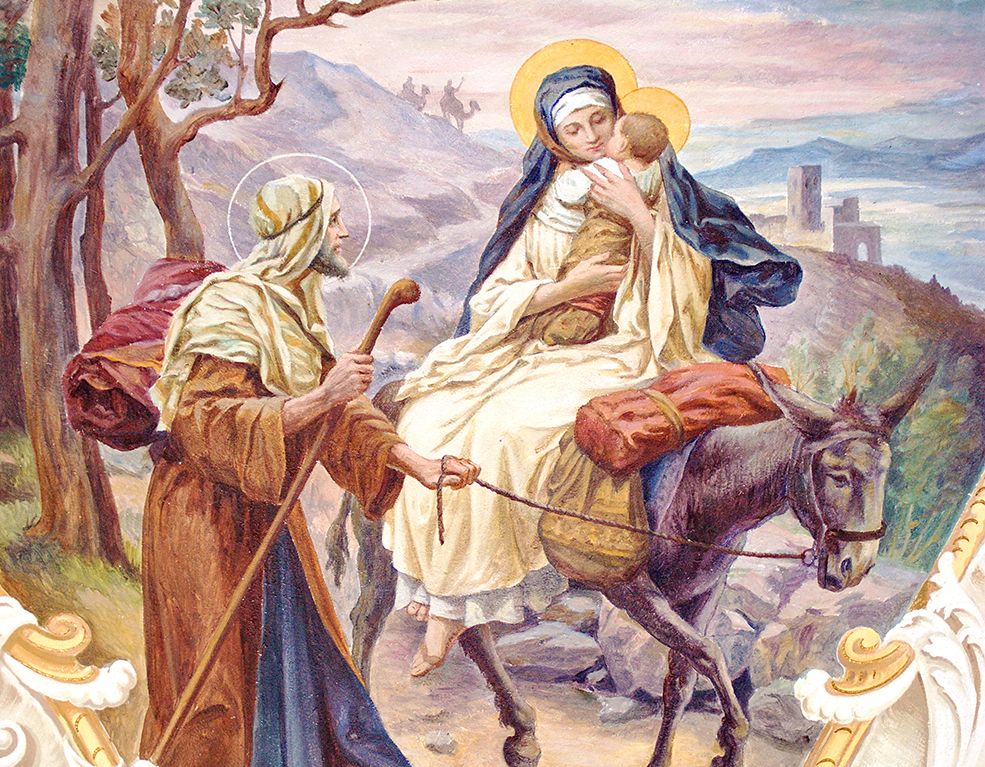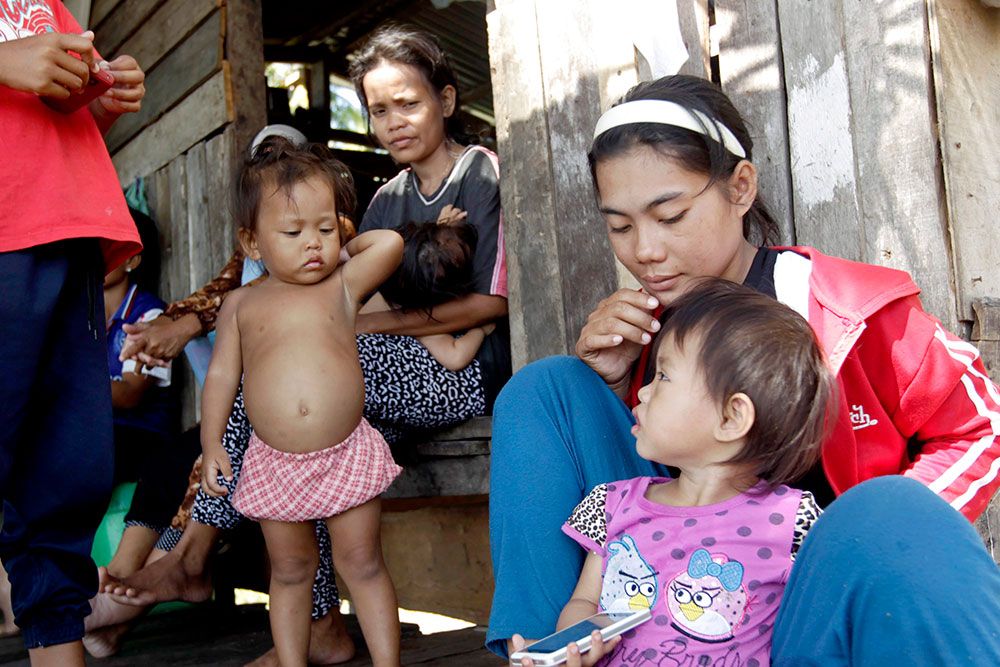The Canticle of Brother Sun, also known as the Canticle of Creatures, was composed by St. Francis a few years before his death, between the winter of 1224 and the spring of 1225, with a later addition. Thus eight centuries have passed since its composition.
The saint was at San Damiano for a stay of about fifty days. It was the place of his conversion and was also the religious house of Clare and the first sisters, who were particularly dear to him. He was nearly blind and endured terrible physical sufferings, so much so that he could not sleep or rest. His little cell was infested with rats that constantly plagued him and disturbed him even in prayer.
After a night of pain and torment, he asked the Lord for help so that he could bear his infirmities with patience. Francis heard God’s word of consolation, with its promise: “Immediately it was said to him in spirit: ‘Brother, tell me: if one, in recompense for your sicknesses and sufferings, were to give you a great precious treasure, as if all the earth were pure gold and all the stones were precious […]: would you not be very happy? […] Then, brother, rejoice and delight in your infirmities; henceforth live in serenity, as if you were already in my kingdom’.”
The next morning, Francis called his companions. “‘I want, in praise of Him, for my consolation and for the edification of my neighbor, to compose a new hymn of praise of the Lord concerning His creatures. Every day we use creatures and without them we cannot live, and in them humanity greatly offends the Creator. Every day we show ourselves ungrateful for this great benefit, and do not give praise for the gift of it, as we should, to our Creator and giver of all good.’”
Seating himself, he concentrated and then he said, ‘Most High, almighty, good Lord ….’ Then he wrote over it the melody, which he taught to his companions. Thus, the Canticle was born out of the promise of salvation. The Canticle of Brother Sun in itself is not a poem, although it is cataloged as such in Italian literature, but a song, indeed a sung prayer, whose melody was composed by Francis himself.
In the adjectives that open the terms of praise, we discover who God is for Francis. God is the Lord Most High, in mystery, in transcendence, in majesty, in royalty. God is the Almighty in His will and power, the creator who originated the universe and history. Finally, God is Good, for He is merciful to all.
The Lord is near and gracious to every creature: Yours are the praises, the glory and the honor and every blessing. Suddenly, in a mystical outburst, the Canticle addresses God as “You,” not in the confidential language of one addressing a friend, but in that of a son praising the Father of all creatures, who is also his own Father.
THE PRAISE OF CREATURES
From the infinite, Francis moves to the finite and temporal, with that invocation, “My Lord.” In the Canticle the name of God is not found. It is replaced by “Lord,” in Hebrew Adonai, in Greek Kyrios, in Latin Dominus. From a heart open to the mystery of the Most High and to the wonders of His creatures emerges praise for Brother Sun, for the Sun “is the most beautiful of all creatures and most like God,” “so much so that in Scripture the Lord himself is called the Sun of righteousness.”
The Sun “is not only the first [of creatures], but [the whole] Song is placed […] under the sign of the Sun.” The Moon and the stars are then mentioned, and that which traditionally forms the cosmos: air and water, fire and earth. Everything is named in pairs, in which a masculine is united with a feminine.
The Canticle emerges from the language of the Bible and the liturgy. Francis draws inspiration from the Psalms, particularly Psalm 148 (“Praise the Lord! Praise the Lord from the heavens”), the Canticle of the three children in the furnace of Daniel (Dan., 3:52-90), and Revelation.
Next to the beauty of creatures, the saint is attentive to their usefulness. The Sun enlightens us with its beauty and splendor; the dim glow of the Moon and stars is praised: you formed them; but it is also said that they are precious and beautiful. Water’s benefit and unique value for life among all creatures is proclaimed: it is precious; but one does not forget its humility, because it descends from above, and its “chastity,” that is, its transparent clarity. Fire, beautiful, playful, robust and strong, illuminates the night and warms. Earth, sister and mother, nourishes us and produces different fruits.
Before Francis, it was said that humans were to dominate and make the earth bear fruit; now there is a change of perspective, for “the earth does not dominate. As a good mother it sustains and governs.”
Of the Sun it is also said: to you, Most High, it bears a likeness. The formula, which is as effective as ever, also offers “a criterion for interpreting the meaning of every creature, which has symbolic value because it bears a likeness to God.” Every creature bears within itself the imprint of its Creator. All creation is a sign of God, and we are to love and enjoy it, but never to use it as our own.
BROTHER AND SISTER
Further on, Brother Wind is a bare image, and is celebrated in its manifestations: airy and cloudy and serene and all weather. Good weather is included as well as bad weather. Paradoxical as it is, the Canticle of Brother Sun turns to the praise of all weather. Every weather the Lord sends, in the variations of climate, gives sustenance to his creatures.
In the Canticle, several times the term “brother” or “sister” occurs in a way that is new in spiritual writing and quite rare in previous authors: brother Sun, sister Moon, brother Wind, brother Fire, sister our mother Earth, sister our bodily Death. The attribution determines an original relationship with creatures. It is no longer a question of humanity’s dominion over creation, but of a bond of fraternity that evokes an equality. It is an appellation that nevertheless calls for reflection and raises questions: in what sense can one speak of a fraternal relationship with creatures? Should not the title brother/sister be reserved only for men or women? Published in Civiltà Cattolica





